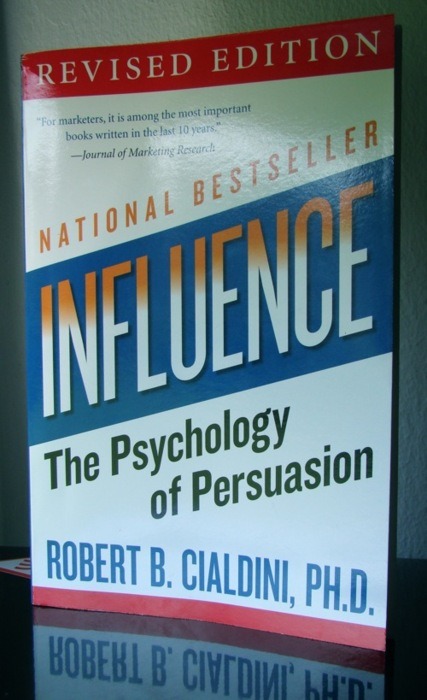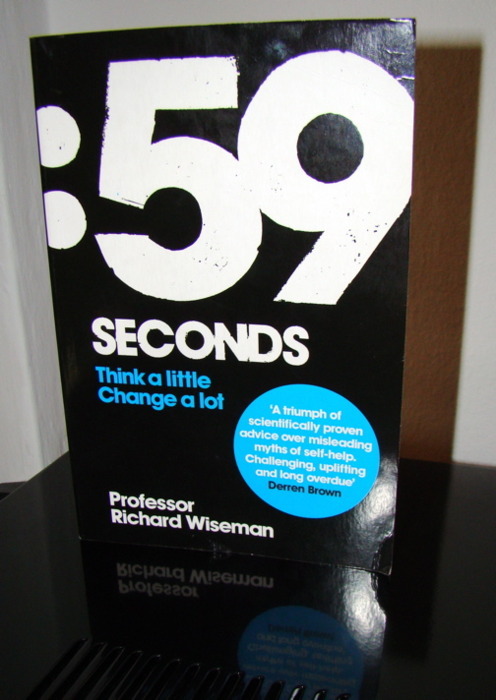
What is it about?
What influences your decisions? What have citizens’ action committee and Chinese communists in common? Robert B. Cialdini writes about different studies which analyzed how people’s decisions are influenced.
What can I learn?
Rejection-then-retreat: This technique is often applied. You request something greater to get a smaller thing done. Let’s imagine that you sell dining tables. You could take your customer to the cheapest table in the hope that he will buy that, at least. Or you could take him to the most expensive, which he will probably reject and then move to cheaper ones. Not really surprisingly the second approach works far better. However, it is surprising that your customer will also be more satisfied because you retreated.
Lowballing: This is an interesting technique outside of business, where it is probably illegal. Cialdini talks about an experiment where citizen signed for an initiative to make their city prettier. Some weeks later they were asked if they would offer their garden to place a huge sign saying “please drive slower for your own safety”. Many more people accepted who signed for the initiative than those who didn’t. Why? Signing the initiative shifted their self-perception to being a responsible citizen. More interesting, the Chinese communists used the same technique for prisoners in the Korean war.
Social proof: This one is relatively well-known. Cialdini quotes a statistics that says that about 95% of all people are followers, i.e. if they see that most people use a product, they will also use it. If you take a step further and apply scarcity it will become more interesting. So, we got a product that people want but there isn’t enough for everybody. The triggered response will probably to buy the product as fast as possible.
Conclusion
What a great book! There are lots of insights and awesome stories, raging from door-to-door sales people to Chinese communists in war to a doomsday cult which was infiltrated by two psychology professors. If you haven’t read this book yet, go to Amazon, your next bookstore or the next library and read it! Recommendation!

